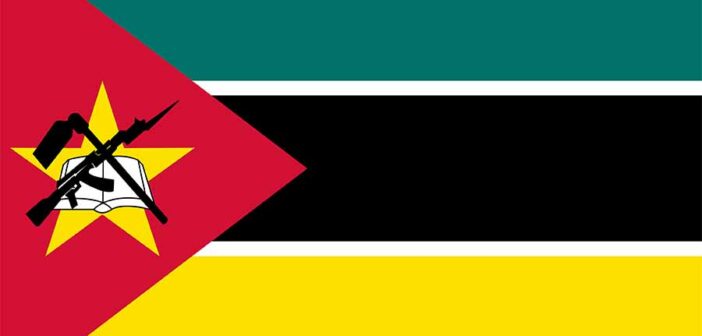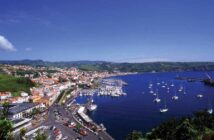- “White Hunters” (1958): This adventure film, set in Mozambique during colonial times, follows a group of hunters on a quest for ivory and treasure. It showcases the landscapes and diverse wildlife of the region.
- “Blood Diamond” (2006): While the majority of the film is set in Sierra Leone, Mozambique plays a significant role in this gripping drama. The movie highlights the impact of the diamond trade on neighbouring countries, including Mozambique’s role as a transit point.
- “The Interpreter” (2005): Starring Nicole Kidman and Sean Penn, this political thriller features several scenes set in Mozambique. The film takes place at the United Nations headquarters in New York, but also delves into Mozambique’s turbulent political history.
- “Desert Flower” (2009): Based on the autobiography of model and activist Waris Dirie, this powerful film includes scenes shot in Mozambique. It tells the story of Dirie’s journey from her nomadic life in Somalia to becoming a successful model and fighting against female genital mutilation.
- “Africa United” (2010): Set in various African countries, including Mozambique, this heartwarming adventure-comedy follows the journey of three children who embark on a trip to attend the World Cup in South Africa. The film showcases Mozambique’s landscapes and highlights its culture.
- “Sleepwalking Land” by Mia Couto: This novel tells the story of Muidinga, a young boy searching for his family in the midst of Mozambique’s civil war. The book explores themes of loss, survival, and the power of storytelling.
- “Niketche: A Story of Polygamy” by Paulina Chiziane: Chiziane, Mozambique’s first published female novelist, explores the complex issues surrounding polygamy in this thought-provoking novel. The story follows Rami, a woman who discovers her husband has taken a second wife.
- “A River Called Time” by Mia Couto: Once again, Mia Couto takes readers on a journey through his storytelling prowess. This novel blends elements of magical realism and historical fiction, following the lives of different characters in post-colonial Mozambique.
- “Terra Sonâmbula” by Mia Couto: Translated as “Sleepwalking Land,” this critically acclaimed novel is considered one of the best works of Mozambican literature. It weaves the stories of two individuals, Tuahir and Muidinga, as they navigate the hardships of war and displacement.
- “Under the Frangipani” by Mia Couto: Another novel by Mia Couto, “Under the Frangipani” explores a Zambezi Delta community haunted by mysterious deaths. The book delves into themes of myth, identity, and the impact of war on society.
WANDERLIST: Mozambique in books and on film
0
Share.




